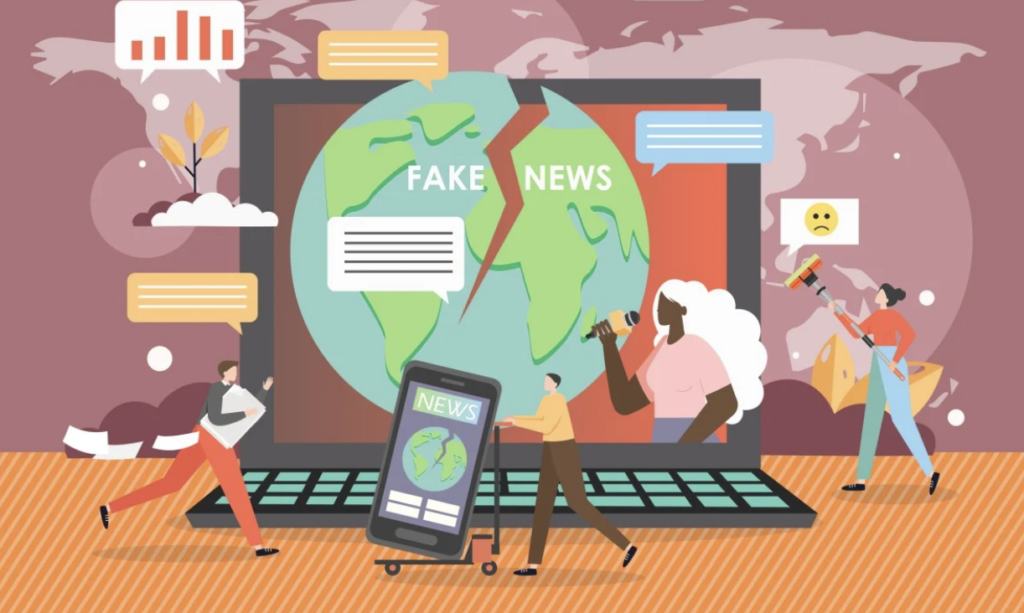
Recently, social media tends to be more popular in our daily lives, work, and study. In my opinion, there are some obvious benefits of engaging with public audience in a media space. For example, firstly, it provides us an opportunity to connect with and interact with other people globally. We are encouraged to keep in touch with different people who have different backgrounds. Second, it allows me to learn different ideas and expand my own thinking or perspectives from others by engaging with a public audience. However, for a public figure or person in a position of trust, it also has some risks. For example, they need to ensure the truth of the information or statements that the posted on their social media. Fake news or misunderstanding information may mislead people seriously. I’ve been misled by so-called authority statements by an official account before. Also, from our course material, as Martin states, “the spread of ‘fake news’ online is a symptoms of ‘the commercialization and private control of the public sphere’” (Martin, H., 2018). Therefore, in my opinion, it will be very necessary and important for public people to ensure how their posts are reliable, real, and credible.
Media literacy can be considered as a kind of ability to critically analyze and evaluate the messages conveyed through media. It’s important because it allows us to question the intent of media and protect ourselves from any negative impacts or replies of media. When we receive negative replies or critiques reflective of our personal values, I think that we need to adjust our attitude and understand that all different perspectives or thinkings need to be accepted and respected. In my opinion, one of the best ways for me to address negative replies and reviews is to communicate with people and try to understand their ideas. Open dialogues about media literacy and factual information may create conflict. The reasons why this kind of conflict may happened is that when people use social media, they sometimes ignore media literacy.
Also, in my opinion, there are many obvious benefits of having a PLN that values media literacy. As Sophie described in the video, it can help her continue to learn from wider intellectual world so that she can expand her horizons, thinking, and perspectives. In my opinion, having a PLN that values media literacy will not only help me better promote my personal development, but also will help me keep in touch with other people and get more opportunities to learn from the public.
References
Martin, H. (2018). Navigating Social Journalism: A Handbook for Media Literacy and Citizen. Chapter 4. pp.78. Retrieved from: https://login.ezproxy.library.uvic.ca/login?qurl=https%3a%2f%2fwww.taylorfrancis.com%2fbooks%2f9781315401263
Miller, J.(2022, June 6). Sophie Lui – EDCI 338 [Video]. Youtube. https://www.youtube.com/watch?v=57r3-aEnci0
These are very good points that you raise in your post. I agree that media literacy is very important in all cases. We need to be able to protect ourselves and understand the intentions of the media companies and also their messaging. I took a class that looked media framing, which is to look at how the media will present content. Often, it is not even done on purpose, but they are following a formula. For example, often when there are crimes involving indigenous people, their background is referred to a lot, but when there are crimes involving other people, their backgrounds are ignored and not seen as having anything to do with the crime itself. It is important to see how the media framing influences our perceptions of the events that are being presented.